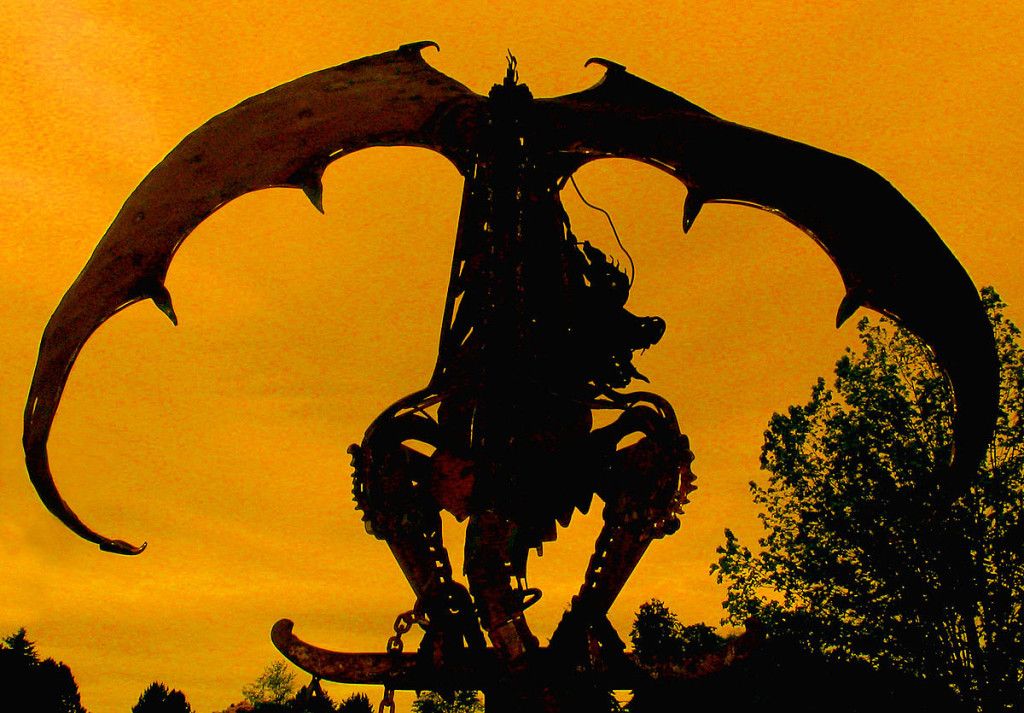
“If we knew what we were doing, it wouldn’t be called research.” –Probably not Albert Einstein, but let’s go with that.
As far back as I can remember, for every essay I’ve ever had to write for college and graduate admissions, my hook has been something to the effect of, “I really wanted to do research, despite not really knowing what that meant.”
(If my 1 out of 5 and 3 out of 11 acceptance rates to undergraduate and graduate school, respectively, are any indication, this was not the most popular line.)
On its surface, the hook isn’t completely true. I suspected research had something to do with sitting in labs for hours at a time, winnowing away the best of one’s twenties against indomitable science problems, with something like eternal glory at the end should one succeed. Somewhere in there is “more fundamentally understanding the universe”, or perhaps “helping make the world a better place”.
The hook isn’t really about that—it’s more like: the practice of actual science by actual scientists is completely unrepresented in any media, so I had literally no idea what I was getting into before actually starting to do research.
That’s not to say that “science” isn’t represented in the media. We, being humans, love a good narrative, and we can’t help but manufacture mythos around our favorite luminaries. But scientific accomplishments are so often divorced from context, becoming a headline, or a press briefing, or a medal—even when the vast majority of scientific thought occurs out of the limelight.
So, it’s with no surprise that many scientists enter the field because they want or even expect to slay dragons.
I haven’t slain any dragons. Depending on how we’re defining “dragon”, I know maybe one or two people that have, and even their “outstanding breakthroughs” occurring in their own tiny corners of physics would take a solid two hours to explain to a layperson. I’d wager it’s possible to make a career without ever slaying a dragon, or ever producing something that’s actually useful to any living human.
Which is sort of existentially terrifying.
At its core, science is a sword fight in darkness, except you don’t know whether to use a sword or an axe or maybe a bow. But you’re also blind, and you can’t ever tell what it is you’re fighting. You have this circumstantial knowledge-base: when the beast is the kicking-pointy kind of beast, you should use this shield, or when it’s the fiery-hungry monster, spears have been known to be effective—except when they become Infinity. Scholars still argue about why spears become Infinity.
At the end of the day, who can blame you if you decide to go make chainmail for a living? It certainly pays better. And has better growth opportunities. And doesn’t require you to do battle with invisible monsters until your mid-thirties. Without any guarantee of job security.
Nonetheless, we’re still here. We come in droves. If not for glory, for what? For the glimpse of invisible dragons?
I suspect few in my graduate cohort are doing science for the same reasons they thought they were as graduate school applicants, much less undergraduates. I’m certainly not.
It’s fitting then, or perhaps frustrating—depressing even?—that I can’t actually answer the question. But you know what they say about research.



